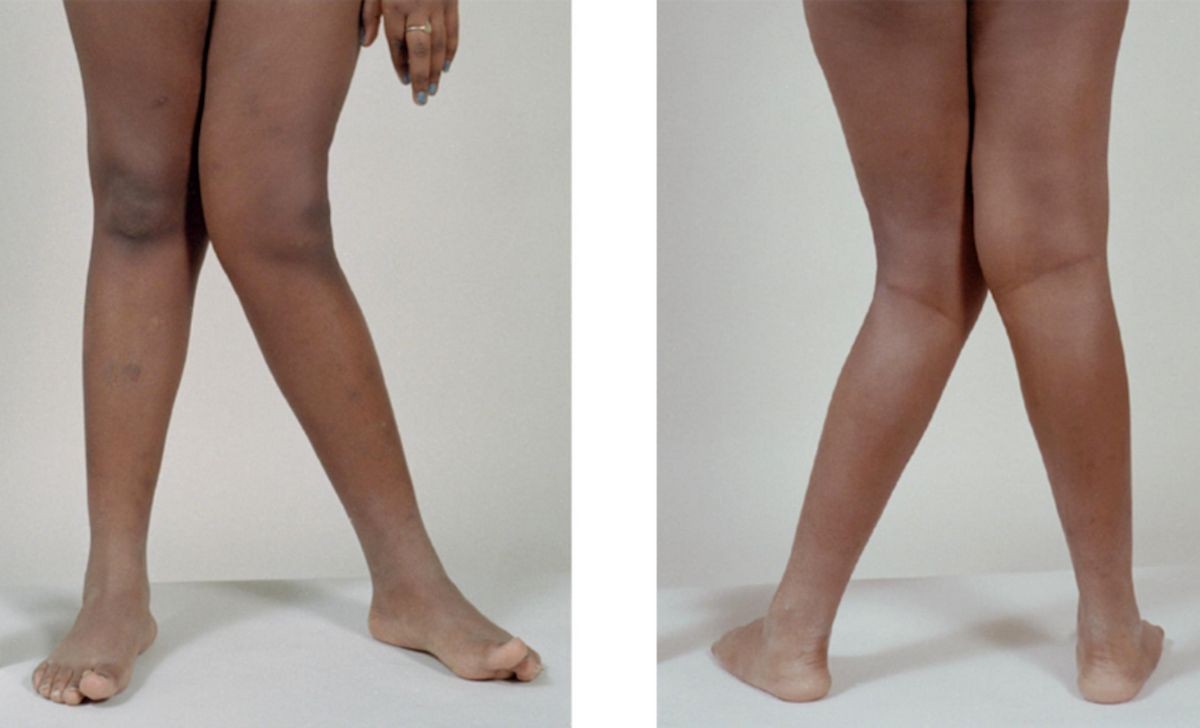
Why Do My Knees and Legs Feel Hot? Causes
If your knees and legs feel hot, it may be due to inflammation from an injury or intense exercise. In some cases, exposure to extreme temperatures or toxic substances can cause a burning sensation in the legs.
Disorders that can cause a burning sensation or warmth in the knees and legs include:
- Arthritis
- Peripheral neuropathy or paresthesia (nerve damage)
- Peripheral artery disease (narrowing of leg arteries)
- Meralgia paresthetica or Bernhardt-Roth syndrome (thigh nerve compression)
- Venous insufficiency or reflux (blood pooling in leg veins)
- Nutritional deficiencies
- Multiple sclerosis (faulty nerve signals in brain and spinal cord)
Further analysis may be needed to confirm the exact underlying cause of the burning sensation, which may be associated with tingling and numbness in the legs.
What causes burning legs?
- Burns: Chemical burns, electrical burns, thermal burns like sunburn
- Various types of arthritis: Ankylosing spondylitis, bursitis, chondromalacia, gout, infectious arthritis, osteoarthritis, psoriatic arthritis, rheumatoid arthritis, systemic lupus erythematosus
- Nerve entrapment or compression: May occur due to back injuries, age-related spinal changes, chemotherapy drug use, or exposure to toxins
- Peripheral neuropathy: Diabetes and alcohol abuse are common causes, other possible causes include chemotherapy drugs, hereditary diseases, autoimmune disorders, toxic chemical exposure, infections, kidney failure, and nutritional imbalances
- Tarsal tunnel syndrome: Compression of posterior tibial nerve inside the ankle near the ankle bones can cause burning, tingling, or pain in the feet
- Morton’s neuroma: Thickening of the nerve tissues between the bones at the base of the toes, often caused by tight shoes, sports injuries, stress on the foot, or abnormal foot position or movement
- Peripheral artery disease: Inadequate oxygen delivery to leg tissues caused by compromised arterial supply, characterized by leg pain while walking (claudication) and a burning sensation
- Diabetes mellitus: Both types I and II can affect peripheral nerves, especially those in the feet and legs. Uncontrolled diabetes can cause nerve and blood vessel damage.
- Underactive thyroid gland: May cause burning sensation in the feet along with weight gain, dry skin, and fatigue
- Athlete’s foot (tinea pedis): Caused by fungi thriving in moist, warm areas of the skin. Damp shoes, socks, and humid environments are favorable for fungal growth and spread.
What other symptoms can occur with a burning sensation in the knee or legs?
Depending on the cause, other symptoms that may accompany a burning sensation in the knees or legs include:
- Localized symptoms: Joint stiffness, leg pain, swelling or numbness, muscle weakness, redness or warmth in affected joint, skin blistering or fluid oozing, tingling in extremities
- Fever
- Burning sensation in other areas of arms or legs
- Pain in shoulder, arm, hand, or fingers
- Joint stiffness or swelling in other joints
How is burning in the legs diagnosed?
In most cases, the cause of burning legs is obvious (such as diabetes) and further testing is not required. However, in some cases, if the burning sensation is sudden or unexplained, additional testing may be needed for an accurate diagnosis. These tests may include:
- Physical examination and history: Involves taking a detailed medical history, asking about physical symptoms and current medications, and conducting a physical examination of reflexes, signs of infection, and injury.
- Blood tests: Measure blood glucose levels or screen for nutritional deficiencies or endocrine disorders
- Nerve function tests: Electromyography measures muscle’s electrical activity in response to nerve stimulation, nerve conduction velocity test assesses speed of electrical impulses along a nerve, and nerve biopsy involves microscopic examination of a piece of nerve tissue (rarely performed)
How is burning in the legs treated?
Treatment for burning legs depends on the underlying cause and may include:
- Medications: Analgesics, antidepressants, anticonvulsant drugs, insulin or oral antidiabetic drugs, nutritional supplements, antifungal drugs, or oral thyroid hormone medicines
- Physical therapy and exercise
- Dietary modifications
- Soaking feet in cool water for temporary relief
- Avoiding exposure to extreme temperatures
- Elevating legs and feet
- Taking over-the-counter pain relievers
- Limiting alcohol consumption
- Wearing compression stockings for venous insufficiency
What are the potential complications of burning sensation in the legs?
Burning sensation in the legs can be a symptom of serious diseases, and failure to seek treatment can result in complications and permanent damage:
- Joint deformity
- Loss of sensation
- Chronic pain
- Disability
- Decreased quality of life
If your symptoms appear suddenly or worsen, it is important to consult a doctor as burning legs could be a sign of an underlying medical condition.


